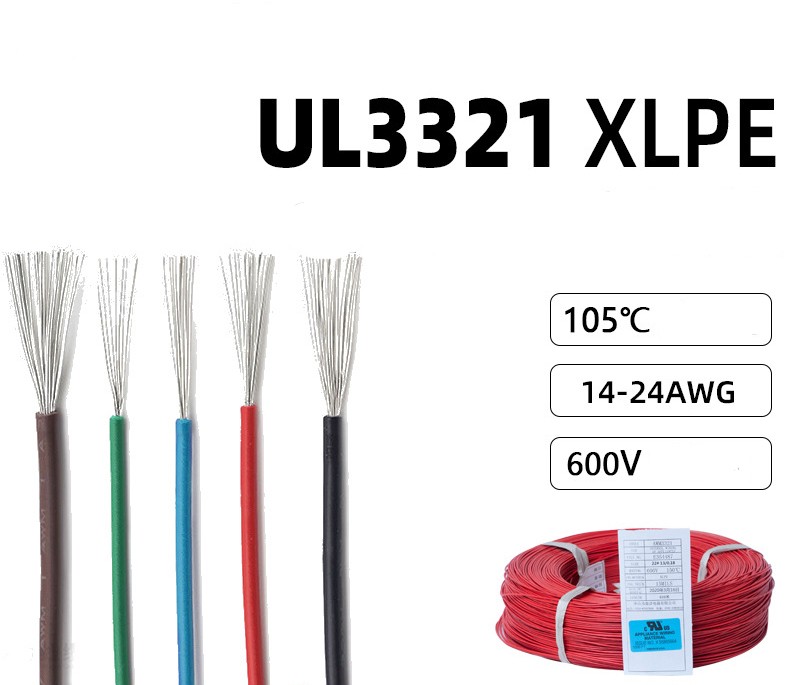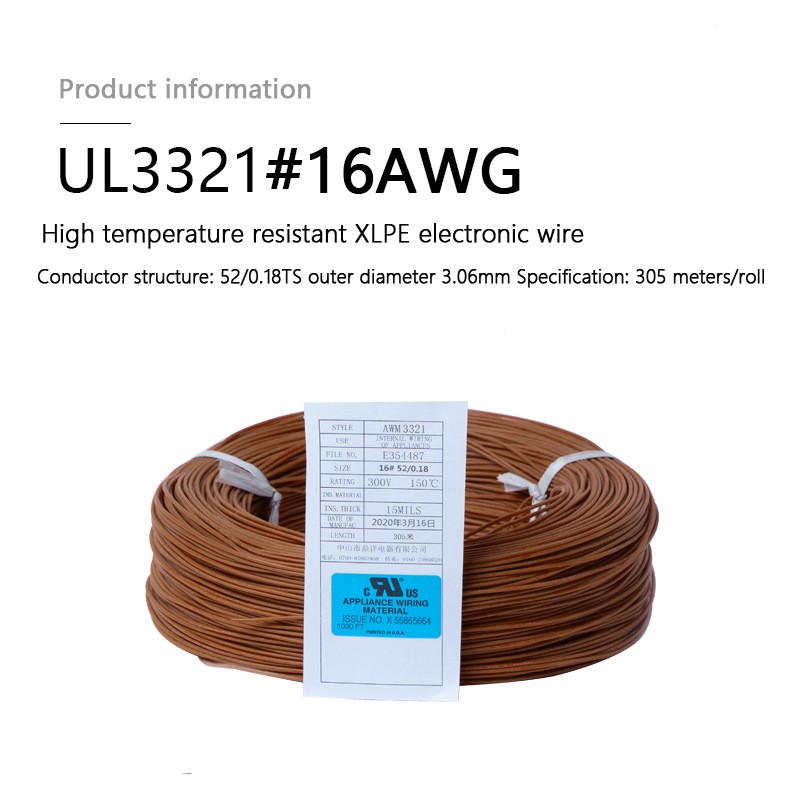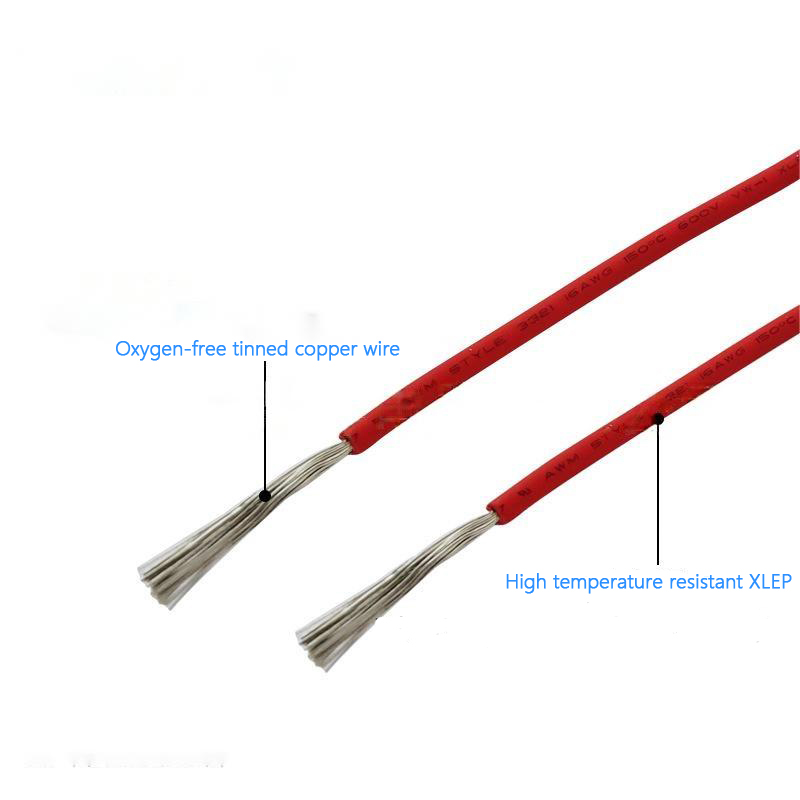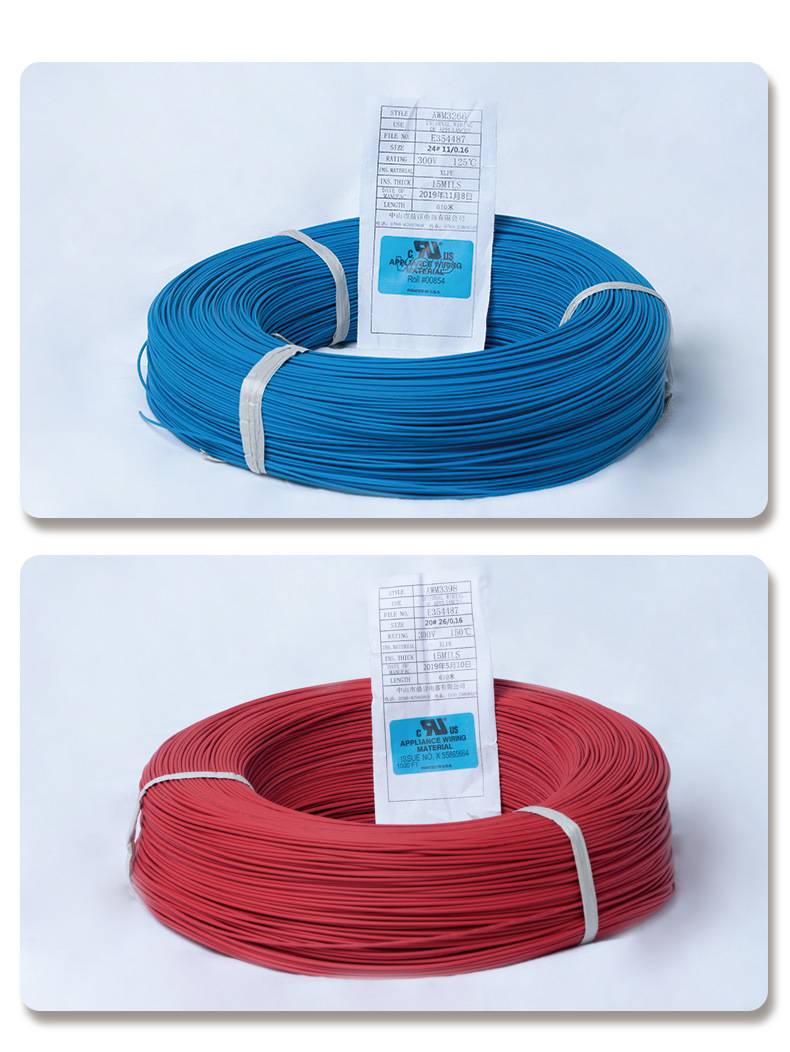When it comes to underground wiring systems, safety, durability, and resistance to environmental stress are top priorities. Among the many types of electrical wire available today, XLPE electrical wire (cross-linked polyethylene insulated wire) has become a preferred solution across industries. But is it truly safe and efficient for underground installation? Let’s explore what makes XLPE wire a reliable choice for such demanding applications.
What Is XLPE Electrical Wire?
XLPE electrical wire is insulated using cross-linked polyethylene, a thermoset material formed by chemically bonding the polymer chains. This cross-linking process enhances the wire’s resistance to heat, moisture, and chemical exposure—making it significantly more durable than traditional PVC-insulated cables.
XLPE insulation is commonly used in underground electrical cable applications due to its superior mechanical and electrical properties. It is available in various voltage grades, from low to high voltage XLPE cable, allowing engineers to select options tailored to specific project needs.

Why XLPE Wire Is Ideal for Underground Use
1. Excellent Thermal Resistance
Underground installations are often exposed to fluctuating temperatures and heat generated by nearby conductors. XLPE insulated wire can typically withstand continuous operating temperatures up to 90°C, with short-circuit ratings up to 250°C. This thermal stability is far superior to standard PVC wires, which degrade faster under similar conditions.
2. Superior Moisture and Chemical Resistance
Moisture intrusion and soil chemical content are common causes of cable degradation. XLPE electrical wire is inherently hydrophobic and resistant to a range of chemical agents, preventing corrosion, oxidation, or short circuits. This makes it an excellent choice for buried electrical systems in industrial, utility, and commercial settings.
3. High Dielectric Strength
One of the main advantages of XLPE is its outstanding electrical insulation. It offers a high dielectric strength, ensuring safety even under high-voltage stress. High voltage XLPE cable is commonly used in power transmission and distribution projects, delivering stable performance over long distances.
4. Mechanical Strength and Abrasion Resistance
Underground environments pose risks such as soil shifting, rodent damage, and mechanical impact. XLPE insulation adds an extra layer of toughness, offering greater abrasion and impact resistance than traditional rubber or PVC cables. When installed with protective conduit or armored designs, XLPE becomes an ultra-reliable underground solution.
5. Longer Lifespan and Lower Maintenance
Because of its rugged construction and resilience, XLPE electrical wire lasts longer in underground conditions, often exceeding 30 years of operational life with minimal maintenance. For infrastructure planners and utility managers, this translates to significant cost savings in repairs and replacements over time.
Applications of XLPE Underground Cables
Power distribution networks (medium and high voltage)
Industrial complexes requiring high-load underground wiring
Renewable energy plants like solar or wind farms
Residential & commercial underground service entrances
Utility companies installing direct burial power cables
Whether you're designing a new grid or upgrading an existing system, working with trusted XLPE cable suppliers ensures you receive cables that meet IEC or UL standards and are tailored for underground use.
Choosing the Right XLPE Electrical Wire
Not all XLPE wires are the same. When choosing a product for underground installation, consider:
Voltage grade (Low, Medium, or High Voltage XLPE)
Conductor material (copper or aluminum)
Shielding and armoring options
Certification (UL, ISO, CE)
Jacket material for additional environmental protection
Reliable XLPE cable suppliers will offer custom cable options, technical datasheets, and compliance certifications to help meet your project’s specific regulatory and performance requirements.
Conclusion:
Yes, XLPE electrical wire is safe and highly suitable for underground installation. Its thermal, chemical, and mechanical resistance makes it a long-lasting and efficient solution for a wide range of underground electrical systems. From city infrastructure and utility networks to large-scale industrial zones, XLPE cables deliver unmatched performance and reliability. If your project requires safe, efficient, and certified underground electrical wiring, consider working with experienced XLPE cable suppliers to ensure quality, compliance, and on-time delivery.





